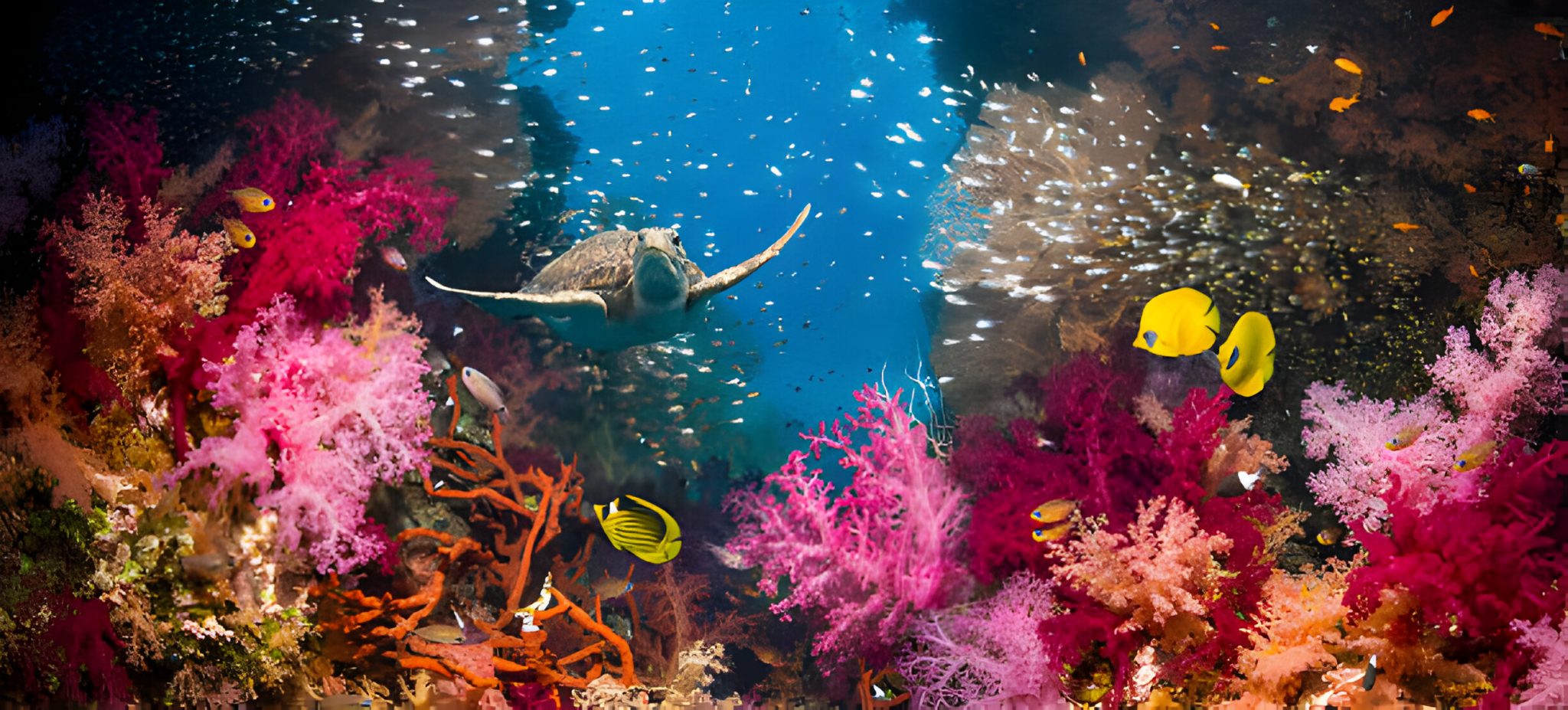Scientists are touting new techniques that restore damaged coral reefs, which is a major breakthrough in the area of environmental conservation. The scientists use micro fragmentation and genetic selection to accelerate coral growth, seeking an improvement in the resilience of the reefs in the face of warming oceans, which is brought about by climate change. Through micro fragmentation, corals are broken down into very small pieces that rapidly grow and later fuse into larger colonies. Coupled with this technique, breeding corals showing resistance to rising temperatures and acidification and their selection are proving to be a very powerful tool in coral conservation.
The importance of these innovations was underscored by one of the lead researchers on the project at the Center, Dr. Emma Camp, a marine biologist. “Coral reefs are vital for the biodiversity of this planet and provide some very essential services to human communities, such as coastal protection and fisheries,” said Dr. Camp. However, attaining that aim would require improving the natural resilience of these systems and, at least, creating a fighting chance for their survival against the threat of climate change. Pilot projects both in the Caribbean and the Great Barrier Reef have been very promising, with reestablished coral colonies to date improving growth rates and survival post-stress. These successes are raising optimism among conservationists and policymakers, who foresee the possibility of scaling up larger reef systems worldwide by applying these techniques.
The restoration activities also include public participation and education. Local communities are being engaged in the process of restoration and raising awareness about coral biology and the status and importance of reef ecosystems. In fact, this participatory approach would not only enhance the effectiveness of these restoration efforts but would also give way to stewardship and commitment towards their protection.







